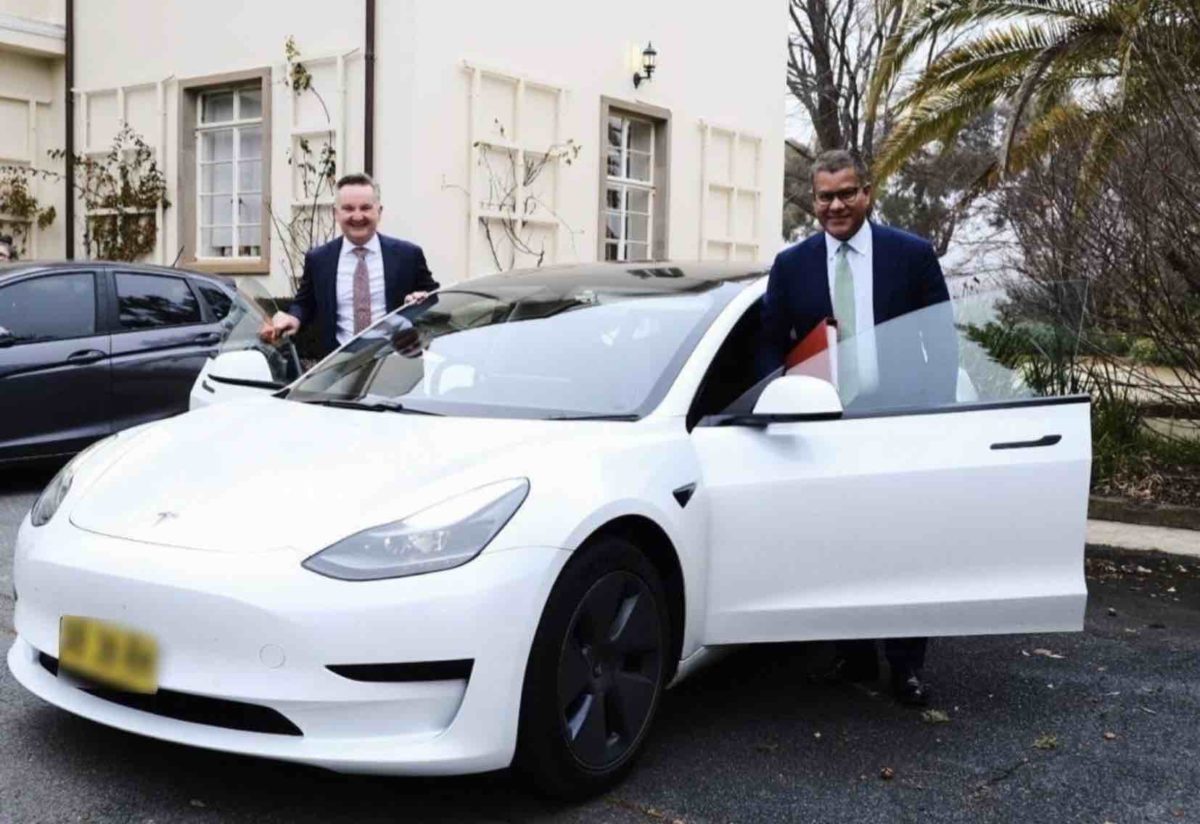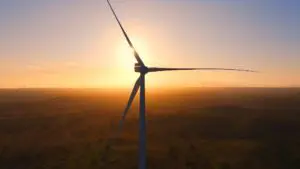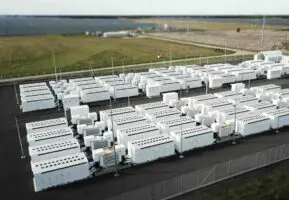In the early days of the Covid19 crisis, the Australian government became very good at listening to the advice of experts, and acting on it. It was as though the Coalition found it useful to use chief medical officers as human and policy shields from the controversy over lockdowns and vaccine mandates.
The decision to act on expert advice was a welcome change, particularly for a Coalition government that deliberately ignored the experts when it came to the world’s even bigger threat, climate change.
The Coalition deliberately ignored the advice from the Climate Change Authority and then throttled its funding, before finally replacing it with folk in their own image. i.e. Those willing to shout “gas-led” recovery as they sharpened their pencils in the trenches on the front line of the climate and energy policy debates.
Labor, less inclined to follow the advice of medical experts when it comes to Covid19 – not even a mask mandate in crowded places – is now offering the promise of a renewed and listened-to CCA as part of its negotiations with the Teals and the Greens over the climate change bill it will present to parliament this week.
Labor is insisting that it will not change its 43 per cent target for 2030, even though climate experts would clearly say it’s not in line with the science if the goal is to limit average global warming to as close to 1.5°C as possible, which the Paris treaty clearly says it is.
The Greens and the Teals may have to accept that Labor won’t budge on its target for now, but they are insisting on a “ratchet” mechanism that would either include the ability to increase the 2030 target, or to set a significantly more ambitious target for 2035, as the Paris agreement requires in any case.
On Tuesday, the mainstream media were all carrying headlines, guided by Labor briefings the previous day, that a compromise offer had been made that should satisfy the Greens and the cross bench.
It was not exactly clear, even after a media briefing on Tuesday morning from climate and energy minster Chris Bowen, what exactly had changed in the intervening 24 hours, apart from his preference to challenge the Coalition over its intransigence, rather than his leader Anthony Albanese’s less useful but reflexive choice of attacking the Greens.
One of the things Bowen did highlight was the decision to “task the independent Climate Change Authority to provide advice on Australia’s progress against these targets, and to advise on new targets under the Paris Agreement which will include a 2035 target.”
Note that this statement does not include a review of the 2030 target, just a progress report. And the other big question for climate is: If the CCA does make a formal recommendation on targets for 2030, 2035, or beyond, will it be worth listening to?
The CCA has not been heard of in relation to targets since 2015, when it finalised its earlier advice that Australia needed to be cutting emissions by between 40 and 60 per cent from 2000 levels by 2030, which equated to 45-65 per cent under the new baseline of 2005.
The Coalition steadfastly ignored that advice, and then effectively switched off the background noise by defunding the CCA. Its board, including some of the county’s leading climate experts, left, clearly angered by the defenestration of an important body.
Early last year, Angus Taylor then caused further controversy when he appointed gas industry executives Grant King and Susie Smith to key roles in the diminished organisation.
King is the former CEO of Origin Energy, and former chair of the Business Council of Australia, and a long time advocate for Australia’s gas industry, and the man who said Labor’s 45 per cent emissions reduction target and 50 per cent renewables targets it took to the 2019 election would be economy wrecking.
Smith was a long time executive at gas company Santos and was also head of the Australian Industry Greenhouse Network, a body heavily aligned with the fossil fuel industry and described by some critics as a key part of the “greenhouse mafia” that stifled climate policy in Australia for so long.
The CCA is barely recognisable from the organisation that was designed to be – a beacon of sound climate policy guidance. Its staff numbers have shriveled to little more than 10 per cent of what it was at its peak, and it has even been forced to outsource reports on key topics to the likes of consultants EY and legal firm G&T.
But the big question is the future of its leadership. King and Smith, for instance, worked together last year on a report that recommended government funds invest in technologies such as carbon capture and storage, much to the delight of the Coalition, who promptly inserted it into the mandates of other agencies.
Bowen has since removed CCS from the mandate of the Australian Renewable Energy Agency. Given that, can he really afford to have King and Smith remain in those positions?
Is theirs the sort of advice that Labor will want to rely on to justify Australia’s improved but still modest emissions targets, or will they usefully serve as a thin cloak of authority that Labor can use to dampen calls for a science-based target?
ANU climate expert Frank Jotzo says any new assessment would require at least a 5 to be put at the start of a 2030 emissions reduction target.
Ironically, that’s exactly what the Business Council of Australia proposed, a 50 per cent emissions cut, even when still under the leadership of King, the man who had earlier branded Labor’s target in 2019 as “economy wrecking.”
Bowen has already moved to remove other opponents of progressive climate action – former lobbyists David Byers and Brian Fisher – from a key oversight committee on the Clean Energy Regulator. Some argue that a new broom should sweep through the CCA board, and that its executive ranks must be boosted.
“The CCA has been depleted and is currently chaired by someone who in his capacity as BCA chair called Labor’s target economy wrecking,” notes The Australia Institute’s climate policy analyst Richie Merzian.
“How can we have confidence that CCA can fulfil expanding responsibility without any changes to how it currently staffed and operated.”
In the meantime, Greens leader Adam Bandt is seeking clarity on what exactly the ratchet mechanisms promised by Bowen might involve. He insists that the legislation must have “teeth”.
Bandt welcomes the decision to put climate considerations into the work of key agencies such as the CEFC, ARENA, NAIF, and the export finance agency.
But Bandt is opposed to any new coal and gas projects, although the best he might be able to obtain from Labor is a promise of no government funding, rather than a ban on approvals.
He notes that Bowen had been playing host to UK climate chief Alok Sharma, including proudly ferrying the diplomat around in his Tesla Model 3. Bowen is keen for Australia to host the next climate talks after Egypt later this year.
But Bandt has a valid point, even for a minister driving an EV: “How do you host a climate summit if you are opening up coal and gas.” A properly constituted CCA would tell him quite clearly that it is not tenable at all.








